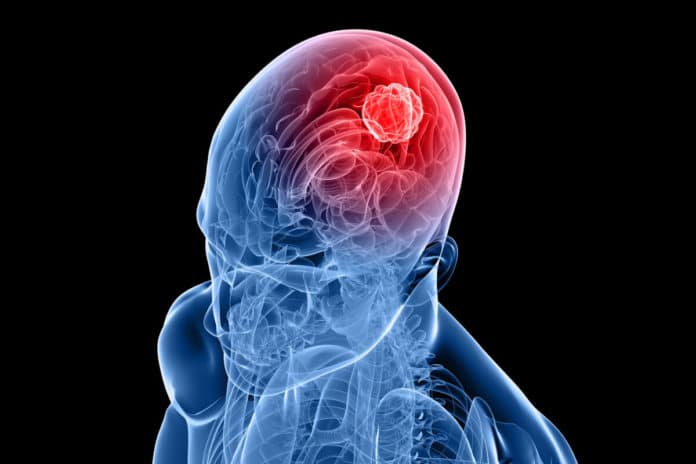Gliomas are tumors of glia, central and peripheral nervous system cells that help and protect neurons, which communicate electrical impulses.
Liquid biopsy is a method for detecting cancer by looking for fragments of tumor DNA circulating in the blood. The technique is sensitive at detecting the presence of some forms of cancer, but brain tumors have until now posed a formidable barrier.
The method is challenging when detecting brain tumors as mutant DNA is shed into the bloodstream at a much lower level than any other type of tumor.
Scientists from the Harvard-affiliated Massachusetts General Hospital (MGH) have developed an enhanced form of liquid biopsy method to detect and monitor the most common type of adult brain tumors in blood samples.
This new blood test is also known as a digital droplet polymerase chain reaction (ddPCR) blood test. When scientists compared blood samples from patients with gliomas with tumor biopsy tissues from the same patients, they found that this ddPCR trst could accurately detect and monitor overtime two mutations of the gene TERT.
The mutations, labeled C228T and C250T, are known to promote cancer growth and are present in more than 60 percent of all gliomas and 80 percent of all high-grade gliomas, the most aggressive and life-threatening type.
Leonora Balaj, Massachusetts General Hospital, said, “By ‘supercharging’ our ddPCR assay with novel technical improvements, we showed for the first time that the most prevalent mutation in malignant gliomas could be detected in blood, opening a new landscape for detection and monitoring of the tumors.”
Scientists then observed samples of blood plasma matched to patient tumors. They noticed that the method could detect TERT mutations in samples from MGH and similarly checked plasma and tumor samples from other institutions’ collaborators.
Balaj says, “The test is easy to use, quick, and low cost, and could be performed in most laboratories. Importantly, the test can also be used to follow the course of the disease.”
Bob S. Carter, the MGH investigator, said, “We envision the future integration of tests like this one into the clinical care of our patients with brain tumors. For example, suppose a patient has a suspected mass on MRI scanning. In that case, we can take a blood sample before the surgery and assess the presence of the tumor signature in the blood, and then use this signature as a baseline to monitor as the patient later receives treatment, both to gauge the response to the treatment and gain early insight into any potential recurrence.”
Journal Reference:
- Koushik Muralidharan et al. TERT promoter mutation analysis for blood-based diagnosis and monitoring of gliomas. DOI: 10.1158/1078-0432.CCR-20-3083
